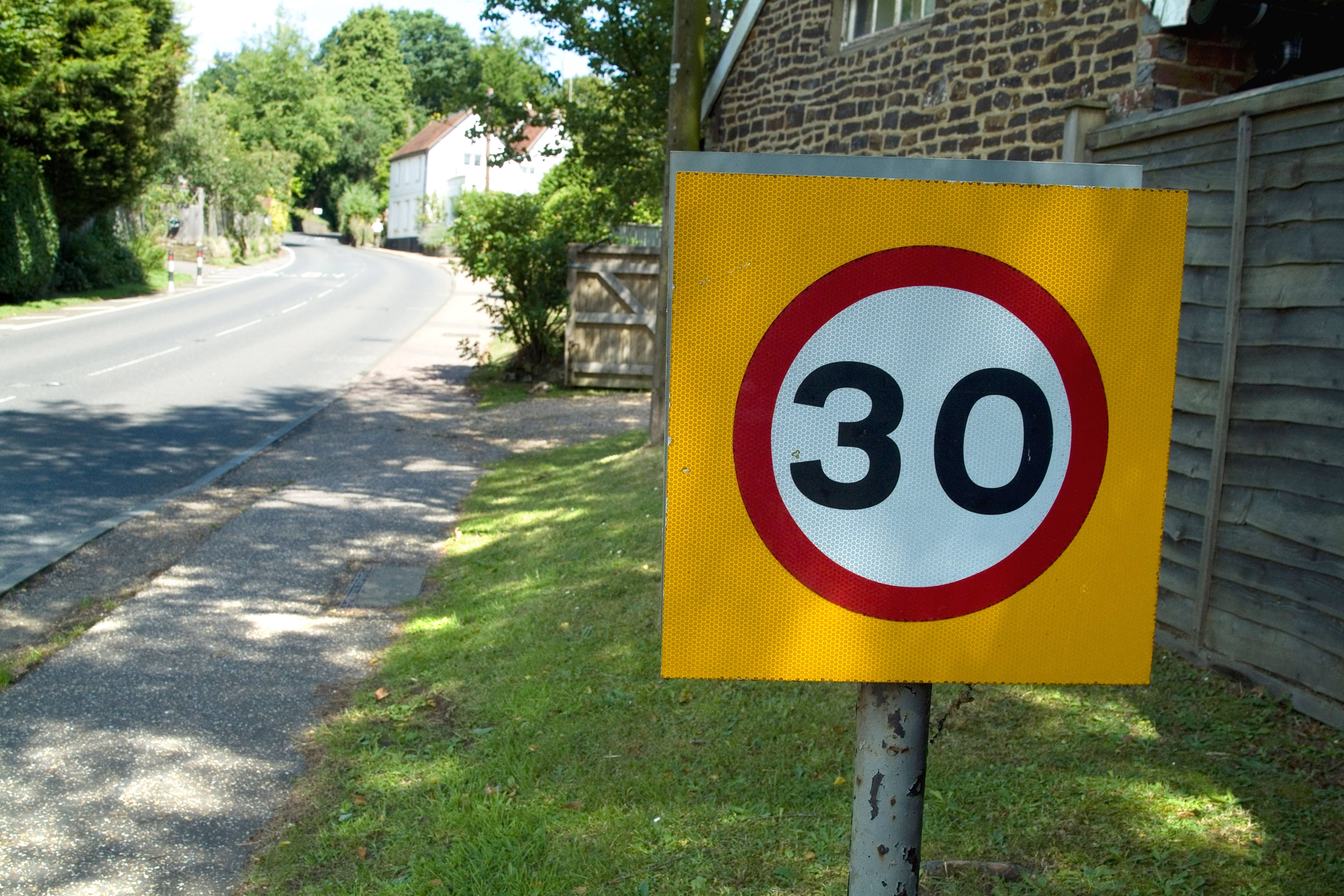Campaign to cut deaths of young male drivers on rural roads
The Department for Transport said its new Think! initiative asks young motorists to consider ‘Is pushing it worth it?’.

A campaign has been launched aimed at reducing the number of young male drivers killed on rural roads.
The Department for Transport (DfT) said its new Think! initiative encourages young motorists to slow down by asking them to consider “Is pushing it worth it?”.
The campaign highlights that speeding leaves 54 young people dead or injured every week in the UK.
Casualty figures show male drivers aged 17-24 are four times more likely to be killed or seriously injured than drivers aged 25 or over.
We want to accelerate our efforts to tackle unsafe driving habits
Three out of five crashes in which young male car drivers die or suffer a serious injury, happen on rural roads.
Road safety minister Richard Holden said: “Road safety is our priority, but we want to accelerate our efforts to tackle unsafe driving habits and create some of the safest roads in the world.
“We’re highlighting the dangers of relaxed driving attitudes on rural roads so that everyone recognises that pushing the speed limit is just not worth it.”
Think! research shows young men underestimate the risks of driving just a few miles per hour over the appropriate speed for the road conditions.
We know speeding presents a clear and present road safety danger, particularly on country roads where the number of collisions is much greater
Dr Gemma Briggs, professor of applied cognitive psychology at the Open University, said most drivers consider themselves to have “better than average” skills behind the wheel so can “handle a bit of extra speed”, but young people have the “added problem of a lack of driving experience”.
She added: “They can’t rely on their previous experience to understand driving situations, so adding other elements to this, such as additional speed, increases the likelihood of young drivers failing to notice hazards and being involved in a collision.”
RAC road safety spokesman Simon Williams said: “We know speeding presents a clear and present road safety danger, particularly on country roads where the number of collisions is much greater.
“We also know that far too many young people are injured or killed every year in car accidents, so hopefully this campaign can bring about some much-needed behavioural change among the nation’s least experienced drivers which helps to keep everyone safe on our rural roads.”